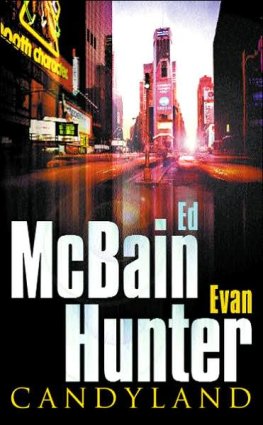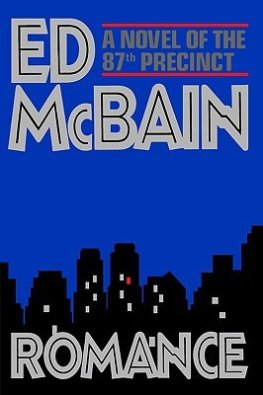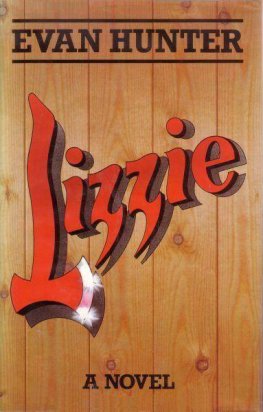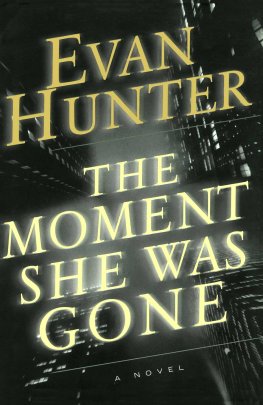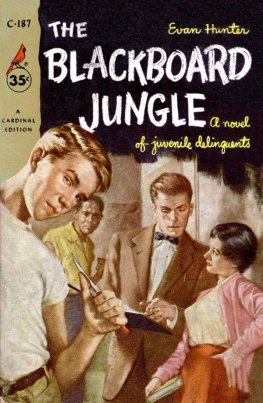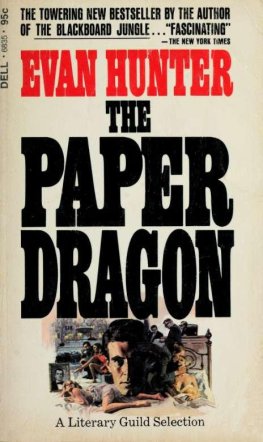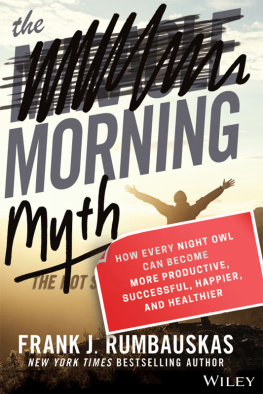Evan Hunter & Ed McBain
Candyland
a novel in 2 parts
The rain may never fall
Till after sundown
By eight, the morning fog
Must disappear
Alan Jay Lerner and Frederick Loewe, Camelot
The rain may never fall
Till after sundown
The brunette is telling Ben that what he's done with the space is truly remarkable. She's a lawyer with the firm, and he can't possibly imagine her knowing anything at all about matters architectural, so he guesses she's flirting with turn, although in an arcane legal sort of way.
The name of the law firm is Dowd, Dawson, Liepman and Loeb. It is on the thirty-sixth and thirty-seventh floors of the old Addison Building on Eighteenth Street and Ninth Avenue. The brunette is telling him that his multilevel concept echoes the very precepts of the law, exalted justice on high, abject supplicants below. Through the huge cathedral windows Ben designed for the eastern end of the space, he can see storm clouds gathering.
The brunette is drinking white wine. Ben is drinking a Perrier and lime. This is DDL&L's first party in their new offices. They have invited all their important clients as well as the architect and interior designer who together restructured and redecorated the two top floors of the building. It is now ten minutes past six on the twenty-first of July, a Wednesday. Ben flew in this morning and is scheduled to take the eight A.M. flight back to Los Angeles tomorrow. He listens to the brunette telling him how wonderful he is. She is full figured and wearing a very low cut red cocktail dress.
He looks out again at the threatening sky.
Ben's firm is called Ritter-Thorpe Associates. The company was Frank Ritter's before Ben became a partner, hence the top billing. There are seven architects altogether, but Frank and Ben are the only partners. Their receptionist, Agata, is a Chicano girl they hired straight out of a high school in the Venice ghetto. She greets him warmly in her accented English, and then puts him through to Frank who, she informs him, "hass joss return from a meeting."
"How'd it go?" Frank asks at once.
"Good," Ben says. "Lots of nice comments, half a dozen people asking for a card."
"Any mention of those windows that popped?"
"No, no. Why should there be? That was a long time ago, Frank."
"Only six months."
"Nobody mentioned it."
"You should have had a model made."
"Well. "
"Tested it in a wind tunnel."
"Spilled milk," Ben says. "Anyway, it worked out all"
"We're lucky it happened when it did. Every window in the place could have blown out."
"Well, nobody mentioned it."
"Still," Frank says.
He's not too subtly suggesting that Ben's been letting too many details slip by nowadays. The air exchange for the storage room in the house in Santa Monica. The support for the free-standing staircase in the Malibu beach house. Minor details. Well, the windows popping out here in New York wasn't so minor, they were lucky nobody got hurt. But that was the structural engineer's fault, not Ben's. Still, the architect always takes the blame.
"Did anybody say when we can expect final payment?" Frank asks.
"I didn't bring it up."
"Big party, no check," Frank says.
"I'm sure it'll be coming soon."
"Unless they plan to bring up the windows again."
"I don't think so."
"We'll see," Frank says, and sighs. "When are you coming back?"
"I'm on the eight o'clock flight tomorrow morning."
"What time is it there, anyway?"
Ben looks at his watch.
"Five past seven."
"What are your plans?"
"Dinner. Sleep.
"Fly safely," Frank says, and hangs up.
Ben finds his airline ticket in his dispatch case, locates the phone number to call, and dials it. He knows it isn't necessary to reconfirm, but he wants to make sure he's on that flight. The woman he speaks to assures him that he is indeed confirmed for American's number 33, leaving Kennedy at eight A.M. tomorrow, non-stop to LAX.
"That's first class, correct?" he asks.
"First class, yes, Mr. Thorpe."
"Thank you," he says, and hangs up. He lifts the receiver again, waits for a dial tone, dials an 8 for long distance and then direct-dials his home number. It is ten past seven, which makes it ten past four in L.A. The phone keeps ringing. He hopes she's back from the hospital by now. Come on, he thinks, pick up the
"Hello?"
"Grace?"
"Ben? What's the matter?"
"Nothing. I just got back to the hotel. My flight's okay for tomorrow morning, I just checked."
"Why wouldn't it be okay?"
"No reason. Well, it's raining here. Sometimes.
"It's raining here, too."
"Sometimes rain can cause cancellations. Or delays. But everything seems to be all right. What I plan to do is leave the hotel at six-thirty tomorrow morn.. "
"Isn't that early? For an eight A.M. flight?"
"Well, I like to get there a little early. I should be in L.A. at a quarter to eleven. Shall I come directly to the hospital, or what?"
"They want to do a bypass," Grace says.
"How does she look?"
"Gray. Tired. Sad. She's resting quietly now, but the pain was excruciating."
"I can imagine."
"I'm exhausted, Ben."
"I shouldn't have come East," he says.
"You didn't know this would happen."
"I should've come home the minute you called."
"Nonsense. It was important that you stay."
"I guess so. Anyway, I'll be home tomorrow."
"How did it go?"
"Oh, fine. The usual."
"Have you had dinner yet?"
"No, I just got back. I want to shower and change, then I'll go down."
"Where will you eat?"
"I thought Trattoria. It's right around the corner."
"Yes, it's good there."
"I want to get to bed early. It's been a busy day."
"Here, too."
"I'll call again when I'm back from dinner," he says.
"You don't have to, Ben."
"Well, I want to."
"I'll be here, but really, you don't have to."
"When will they do it, do you know?"
"Tomorrow morning. I think. It has something to do with all the numbers being right. I don't know what the hell they're talking about."
"I'll try you when I get back."
"Really, you don't have to."
"Well, whatever you say."
"Really."
"But call me if you need me, Grace."
"I will."
Otherwise I'll talk to you tomorrow morning."
"I'll be leaving for the hospital early."
"Yes, but we're three hours. "
Right, I forgot."
"In fact well, let me see."
He hears her sighing on the other end of the line.
"You'll be asleep," he says. "We'll probably begin boarding around seven-thirty. That's only four-thirty, your time. Maybe I'd better call you when I get back from"
"For Christ's sake, don't worry about it!" she snaps. The line goes silent.
"Well if I don't talk to you before then, I'll see you at the hospital."
"Fine.
Call me if you need me, Grace."
"I will."
"Love you."
"Love you, too," she says, and hangs up.
Gently, he replaces the receiver on its cradle.
It is always "Call me if you need me, Grace."
In the twenty-two years they've been married, she has called him only once, and then to tell him that Margaret fell from a horse at camp. He travels a lot. There are always clients to confer with in St. Louis or Chicago, sites to inspect in New Orleans or New York, lectures to deliver in Omaha or Salt Lake City. He is Benjamin Thorpe, an important architect who is very much in demand.
It is still raining hard outside.
His daughter lives in Princeton, New Jersey, where her husband is a tenured professor of economics. Charles is perhaps the cheapest man in the United States of America, if not the entire world. It would never occur to him to make a long distance call to find out how Margaret's grandmother is doing out there in the wilds of Los Angeles. Nor would it ever occur to her to pick up the phone of her own volition, call Ben here, call her mother out there for a progress report.

